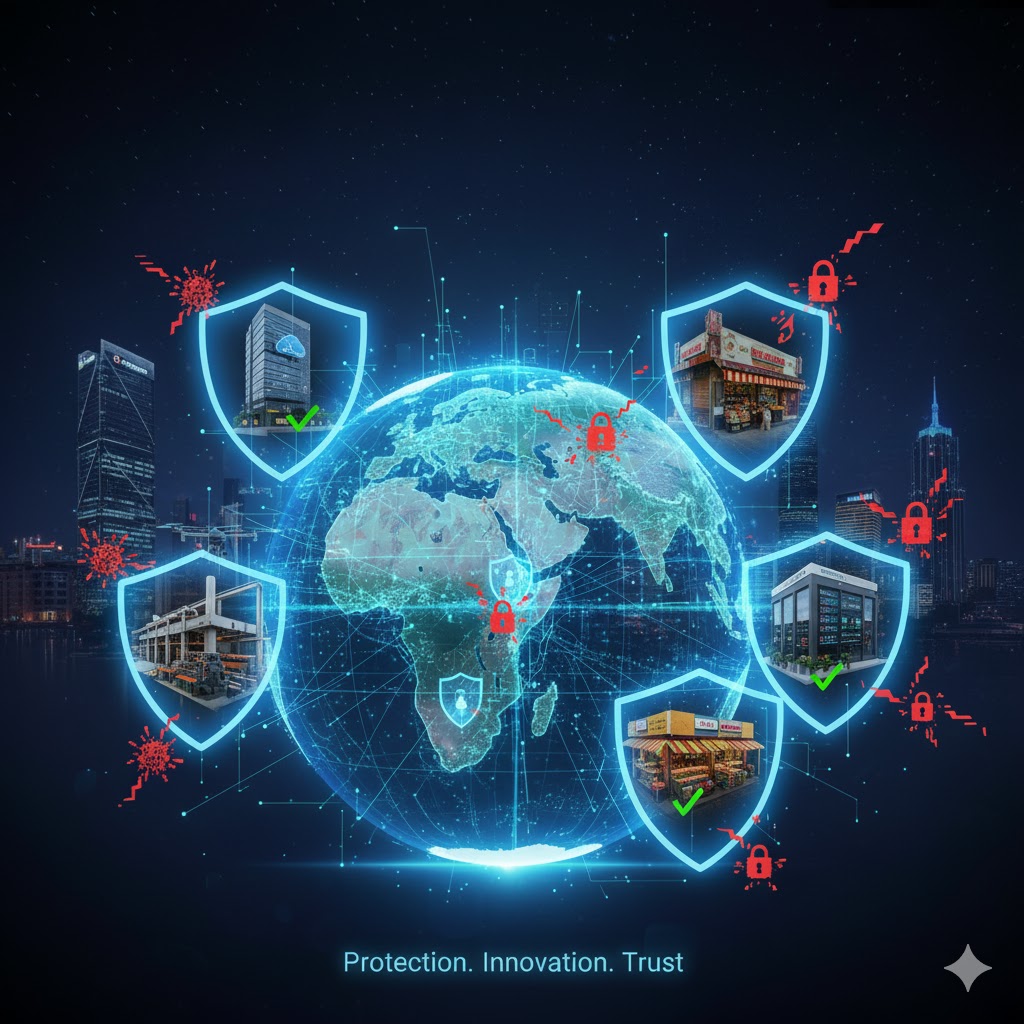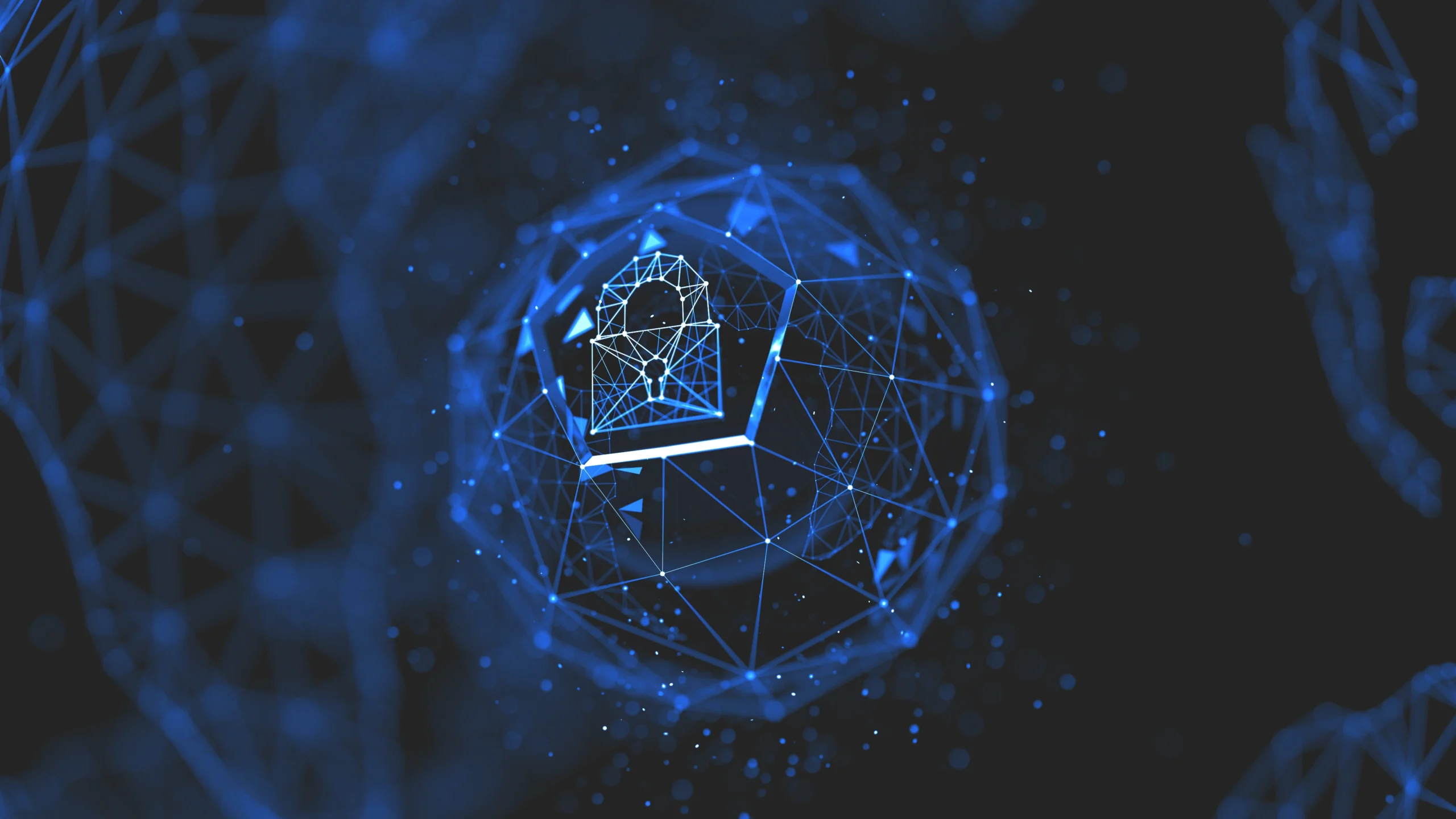In today’s hyper-connected world, cybersecurity is no longer an option—it is a necessity. As India embraces rapid digital transformation, the risks and challenges associated with cyber threats have grown exponentially. In 2025, cybersecurity is not just about protecting data—it is about safeguarding business continuity, customer trust, and overall growth.

1. India’s Growing Digital Economy
India is now among the fastest-growing digital economies in the world. With initiatives like Digital India, UPI (Unified Payments Interface), ONDC, and 5G adoption, businesses are operating in a highly connected ecosystem. However, this also means that cybercriminals have a wider attack surface to exploit.
2. Rising Cyber Threats
According to recent reports, India ranks among the top countries facing cyberattacks. From ransomware and phishing to insider threats and supply chain vulnerabilities, attacks are becoming more sophisticated. In 2025, attackers are increasingly using AI-driven attacks and targeting SMEs, not just large corporations.

3. Regulatory Pressure and Compliance
Indian businesses are now required to comply with new data protection laws and cybersecurity regulations. The Digital Personal Data Protection Act (DPDPA) 2023, which came into effect, enforces strict rules on how companies handle and protect customer data. Non-compliance can lead to hefty penalties, reputational loss, and legal consequences.
4. Business Continuity and Customer Trust
A cyberattack is not just a technical problem—it can halt business operations, damage brand reputation, and erode customer trust. In an era where consumers are highly conscious about data privacy, businesses must demonstrate strong security practices to retain loyalty and credibility.
5. The Cost of Cyber Incidents
Cybercrime is expected to cost the world $10.5 trillion annually by 2025. For Indian businesses, even a single breach can result in financial losses, downtime, legal battles, and customer churn. Investing in cybersecurity is far cheaper than recovering from a breach.
6. The Role of AI, Cloud, and IoT
As businesses adopt cloud computing, IoT devices, and AI-driven solutions, the complexity of managing cyber risks increases. Each new technology opens doors for innovation—but also introduces new vulnerabilities. Proactive cybersecurity measures are essential to secure these technologies.
7. Cybersecurity as a Growth Enabler
Forward-thinking companies in India are treating cybersecurity not as an expense, but as an investment in growth. By implementing strong security frameworks, they can:
- Expand into global markets with confidence.
- Attract investors who value data security.
- Build long-term trust with customers

Final Thoughts
In 2025, Indian businesses cannot afford to ignore cybersecurity. It is the foundation of digital trust, resilience, and competitiveness. From startups to enterprises, every business must adopt a proactive, holistic approach to security—covering people, processes, and technology.
Looking to strengthen your digital defenses? Adiroha provides end-to-end cybersecurity solutions tailored for the Indian business landscape. Partner with Adiroha today to transform your security posture from a vulnerability into a competitive advantage.





Leave a comment: